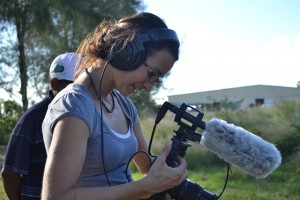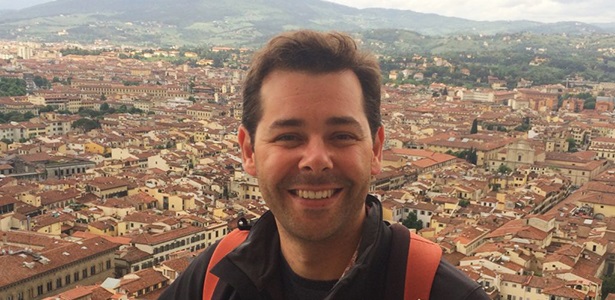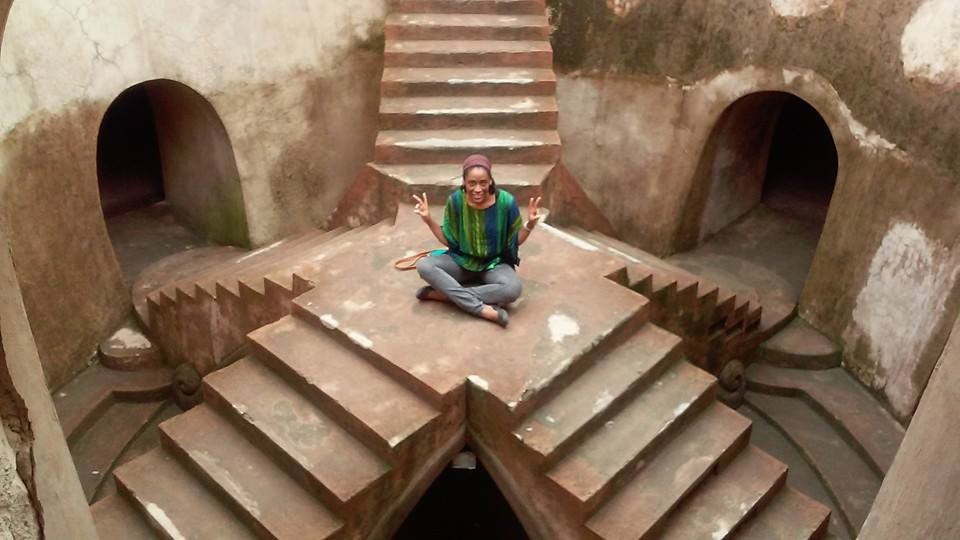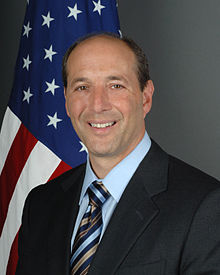
Diana Heise, 2011-2012, Mauritius, filming for “Lame La Kone” (The Knowing Hand) in the sugarcane fields by Barkly
To give a glance into my Fulbright experience in Mauritius, I need to begin with the fact that I am a classically trained singer and it was through my relationship with music that I submerged myself in Mauritian culture. I hadn’t seriously sung for years and did not expect this impact when I was applying. So, as you start your application, I would recommend that you consider all the activities that have defined you, as these interests will help you connect abroad. For me, it was through this latent relationship to music that I became an adopted member of the band ABAIM, the crux of my Fulbright experience and my ongoing research.
ABAIM is a musical atelier with 30 members of mostly young people. Their songs are inspired by Sega Tipik, the lament music of African slaves. Additionally, they are one of the last safeguarding organizations of this musical tradition and who still teach the Ravann – a Mauritian drum and principle instrument of Sega Tipik.
ABAIM also considers itself a development organization, developing the lives of the community through music. On Saturdays, more than 60 children from throughout the island attend. Writing skills and traditional games are taught, children report news of the week during democratic assemblies, conversation can range from recounting birthdays to comments on the Syrian crisis. All in between singing.
I remember clearly the first Saturday I spent at ABAIM. It was April. I had been in Mauritius barely three weeks. I arrived late in the day after Kreol class. I passed into the echoing courtyard, wet from recent rain. Rehearsal was over and it was playtime. I found myself within a running game, but fell behind the swift children. In this lull, little people arms wrapped around my waist – “What is your name?” I answered, “Mwa, mo apel Diana.” This was my first Kreol phrase.
I met Kelly on this day. She started with ABAIM when she was small, but was returning to university in France the next day. A person studying abroad is unheard of in Barkly, where drugs, crime and teen pregnancy are rampant. ABAIM provides a grounding alternative, as their young adults are now attending higher education and finding skilled employment.
I felt different when I left that Saturday. I had experienced something that I hadn’t seen before with such profound clarity. It wasn’t the stacks of cassette tapes and songbooks. It was the infectious open look in both the children’s and the adults’ eyes. It was strong and loving, nothing forced.
I went back every week. To rehearsals on Monday and Thursday nights and Saturday care. I started performing with the band. I spent holidays there. I became the test case of the first historically grounded book on playing Ravann and began working on two films about the instrument.
Alain, a founder of ABAIM, said at my going-away party in 2012, “Diana has adopted us and we have adopted Diana.” Since then, I have returned three times to continue collaborating on film projects that protect Mauritius’ cultural heritage. Our images are now in the elementary school textbooks and the films are teaching untold histories to the larger Mauritian public.
My experience with ABAIM embodies the great honor that the Fulbright Program can facilitate – an encouragement of deep cross-cultural understanding for the sake of strengthening our world community. In my experience, this empathetic response is made possible through the rhythms of the Ravann and the strong embrace of ABAIM’s members. Our documentary is about to screen in the United States and the book launches in June 2015. Check them out, and you can learn Ravann, too.




No Comments